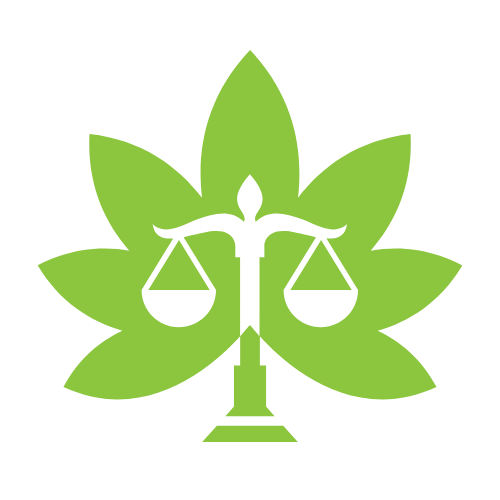Securing your concealed carry weapon (CCW) documents is not just about compliance with the law; it’s also about protecting your personal safety and ensuring that your rights as a responsible gun owner are upheld. The importance of secure document management cannot be overstated, especially in a time when identity theft and unauthorized access to sensitive information are rampant. This article explores the best practices for securing your CCW documents, offering insights that can help you maintain control over your personal information and safeguard your rights.
First and foremost, understanding what documents you need to secure is essential. The typical documentation required for a CCW includes your application form, identification, proof of residency, background check results, and any certificates from training courses. Each of these documents contains sensitive information that can be misused if it falls into the wrong hands. Therefore, treating these documents with the utmost care should be a priority.
The first step in securing your CCW documents is to ensure they are stored in a safe location. Physical copies of your documents should be kept in a secure and discreet place, such as a locked safe or a fireproof cabinet. This prevents unauthorized access while also protecting your documents from environmental threats like fire or flooding. If you opt for a digital approach, consider using encrypted storage solutions. There are various cloud services that offer encryption, ensuring that your files remain confidential and accessible only to you.
Next, it’s essential to maintain digital security. If you are storing your CCW documents electronically, be sure to use strong, unique passwords for any accounts associated with them. Two-factor authentication adds an additional layer of security, making it significantly more challenging for unauthorized individuals to gain access. Regularly updating your passwords and monitoring your accounts for any unusual activity are also prudent steps. This will help you quickly identify and respond to any potential breaches.
Additionally, consider the implications of sharing your CCW documents. While it might be necessary to provide certain information to your local law enforcement agency or during a legal consultation, you should be cautious about sharing these documents with anyone else. When disclosing your information, always verify the legitimacy of the requestor. If you are uncertain, it’s advisable to contact your local authorities for guidance.
Moreover, creating a backup of your CCW documents can also be a lifesaver in various situations. Whether due to theft, loss, or damage, having backup copies ensures that you will still have access to important information. For physical documents, consider making photocopies and storing them in a separate location. For digital documents, regular backups to a secure external hard drive or an encrypted cloud service can prevent irreversible loss.
Regularly reviewing your CCW documents is another important practice. Laws and regulations surrounding concealed carry can change, and so can your personal circumstances. It is essential to keep your documents up to date, reflecting any changes in your address, marital status, or other pertinent information. A proactive approach to updating your documents can help you avoid potential legal complications down the line.
If you ever find yourself needing to dispose of CCW documents that are no longer needed, ensure that you do so securely. Simply throwing documents in the trash can leave you vulnerable to identity theft. Instead, use a shredder to thoroughly destroy any documents containing personal information. This ensures that sensitive information is irretrievable and minimizes the risk of misuse.
Lastly, consider consulting with a legal professional who specializes in firearm laws in your area. They can provide tailored advice on securing your documents and complying with state regulations. Their expertise can offer peace of mind and help you navigate the complexities of gun ownership and CCW documentation.
In conclusion, securing your CCW documents is a fundamental aspect of responsible gun ownership. By implementing best practices such as safe storage, digital security measures, careful information sharing, regular backups, document reviews, and secure disposal methods, you can significantly enhance your personal safety and protect your rights. Being diligent about your document management not only safeguards your personal information but also reinforces your commitment to responsible firearm ownership.




